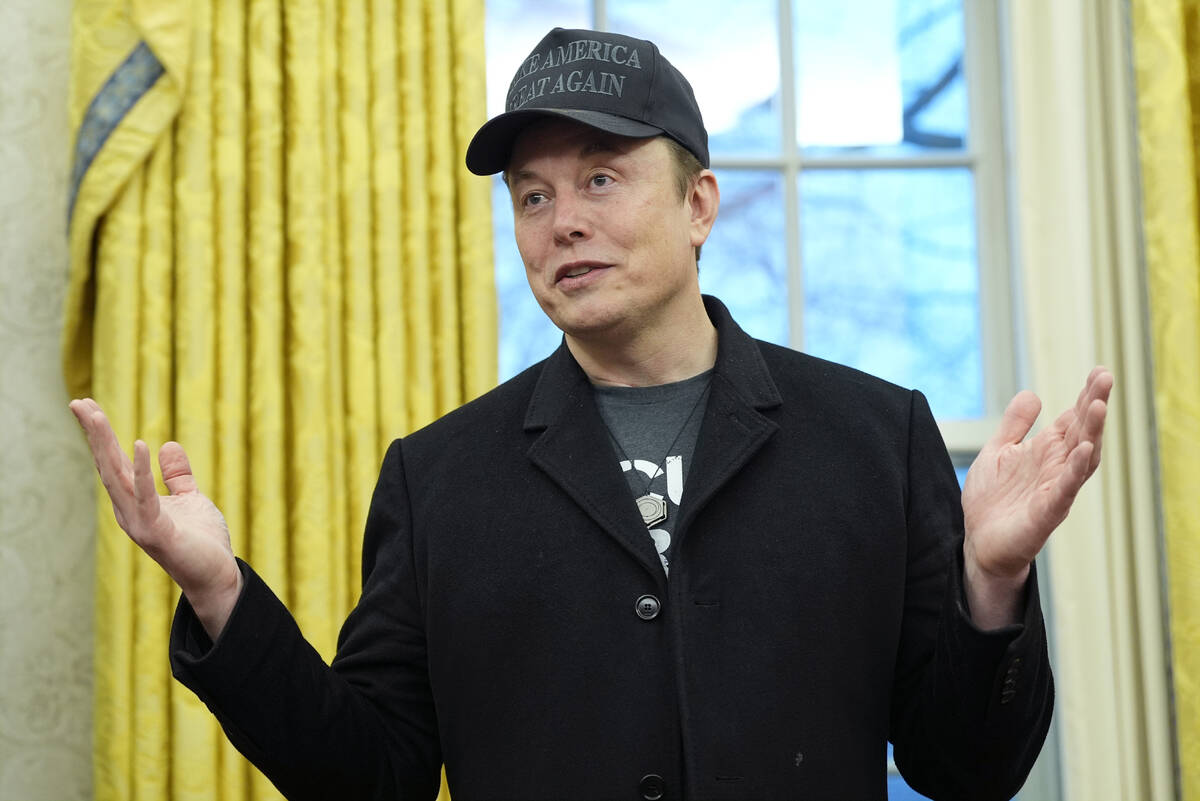The new administration started with a bang, signing executive orders and making sweeping changes. One of those orders seeks to create the Department of Government Efficiency (DOGE). As part of the new “agency” and its investigation into cutting waste, the department has called on the public for suggestions, including a public tip line.
Indeed, this is an opportunity to reduce government spending and improve public services by getting federal agencies back to their legislative mission, reducing decades of bureaucratic creep, improving operational efficiency and worker productivity, cutting waste, ending corporate subsidies and curtailing the onerous regulatory costs that government delays impose. The best metric for DOGE’s success will be if it eventually puts itself out of business.
There are more than a few cuts that would keep DOGE busy, provide significant benefits and stimulate economic growth. These include the need for the government to streamline permitting across the board, speed approvals for new energy products and ramp up our capacity.
Regulatory foot-dragging has been evident in many agencies regarding improving process management and workflow. For example, the Food and Drug Administration’s bureaucratic process has delayed many lifesaving medicines for years longer than necessary. Vaping products, while not harmless, are said to be 95 percent safer than cigarettes. Yet, only three companies have received FDA approvals despite their effectiveness in getting smokers to quit and saving lives.
Which brings me to the Federal Communications Commission. The United States does not have a wireless plan, which has put the wireless broadband market behind other countries. The agency also does not have auctioning authority to put more spectrum up for bid. These auctions provide a direct cash benefit to the Treasury, thereby reducing national debt, and the spectrum goes to improving and speeding up consumer wireless services.
Several agencies, including the Energy Department, could be on the chopping block for significant overhaul, while other agencies — such as the Department of Education — could be outright eliminated. Similarly, the Consumer Finance Protection Bureau has exhibited an explosion of bureaucratic overreach with nothing positive to show for its efforts. Despite many agencies with overlapping reach, the bureau has spent its existence broadening the scope of industries it can regulate while failing to understand how its policies harm consumers.
The bureau has made a nasty habit of demanding massive amounts of data from thousands of companies without ever demonstrating the existence of a problem and then accidentally exposing consumers’ identifiable information to the public. This bureau should be eliminated.
Then some agencies often require bailouts. The Postal Service has drifted away from its core mission of delivering letters, and the National Flood Insurance Program cannot price its premiums to reflect risk. It is time to let the private sector provide these services.
Another way to reduce federal spending would be to reform and cut the costs of the federal procurement process. Last year, the House passed a bill that would have done just that by raising the micro-purchase threshold, which would have reduced procurement costs and increased participation in the federal marketplace.
Even more significant savings could accrue through reforming SNAP —the federal government’s nutrition support program that has fraud rates through the roof. Improper payments have a rate of 11.7 percent, which leaves SNAP recipients on the hook for fraud losses. A far better idea would be to let private banks handle the card program and manage fraud like they do with credit cards. This would save state and federal taxpayers, reduce SNAP fraud and improper payments, and transfer the cost of fraud from recipients to banks, which would have every incentive to drive fraud rates down to zero.
Cutting waste, eliminating agencies, ending corporate subsidies and agency bailouts, trimming duplicate functions and top-heavy reporting, outsourcing, privatizing, and technological enhancements are among the many opportunities for DOGE and department heads. The result should be better government at half the price, operational efficiency and productivity improvements, taxpayer relief, and improvement in consumer welfare.
Let’s get this done.
Steve Pociask is president and CEO of the American Consumer Institute. Tirzah Duren is the president of the American Consumer Institute. They wrote this for InsideSources.com.

